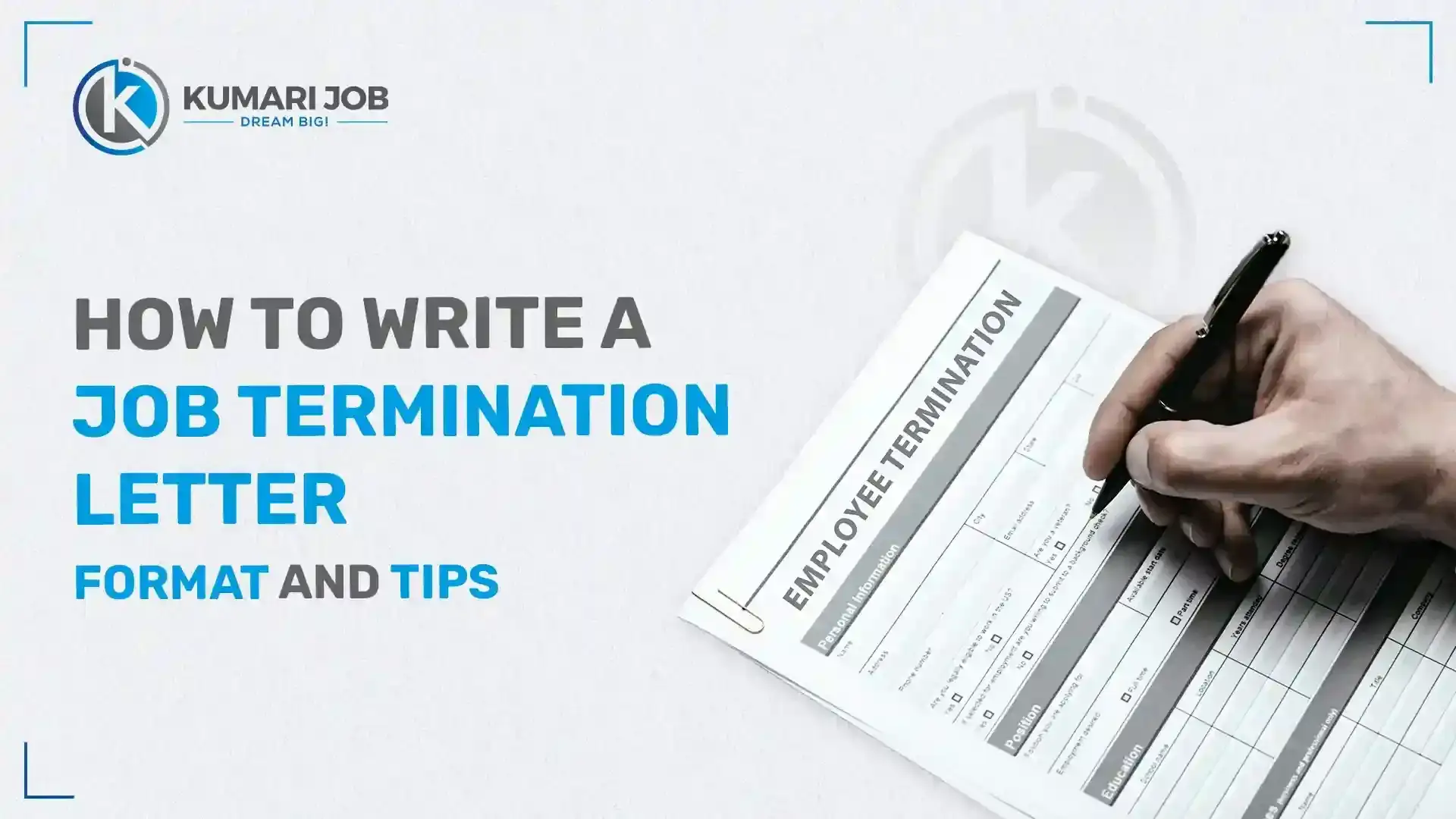
The government of Nepal has officially revised the minimum salary, effective from Shrawan 1, 2082 BS (July 15, 2025). This important change affects workers and employers throughout the country. With the new minimum wage set by the government, workers now have a clear idea of how much they should earn every month. This removes confusion and worries about getting the right pay.
Many workers may benefit from a higher salary, which can help with everyday expenses like food, rent, and transportation. Employers also need to update their payroll and budgets to follow the new rules. Understanding this change is important whether you work for a company or run a business. Keep reading to learn what has changed, why it matters, and how it could impact you.
In this blog
What is the Current Minimum Salary in Nepal? 2082/2083
The current minimum salary in Nepal as of Shrawan 1, 2082 BS is NPR 19,550 per month, officially declared by the Government of Nepal. This revised wage applies to all workers across formal sectors and reflects the rising cost of living and inflation.
This salary includes:
Basic Monthly Pay: NPR 11,000
Monthly Allowances: NPR 8,550
Total Minimum Salary: NPR 19,550
This new rate came into effect from Shrawan 1, 2082 (mid-July 2025) and is part of the government's regular salary revision policy, usually reviewed every few years based on economic conditions.
Revision Frequency
Under Section 107 of the Labour Act, 2074 BS (2017), the Minimum Wage Fixation Committee must review and set the minimum wage every two years.
Minimum Salary Breakdown for Nepal (2082/2083)
| S.N. | Minimum Wage | Basic Salary (Rs.) | Dearness Allowance (Rs.) | Total (Rs.) |
|---|---|---|---|---|
| 1 | Monthly | 12,170 | 7,380 | 19,550 |
| 2 | Daily | 470 | 284 | 754 |
| 3 | Hourly | 63 | 38 | 101 |
| 4 | For part-time workers working only during working hours, the minimum hourly wage | - | - | 107 |
_1753164210.webp)
Source: Department of Labour and Occupational Safety
Minimum Salary Revision by the Nepal Government Before and After
In Shrawan 1, 2082 BS, the Government of Nepal raised the national minimum monthly wage from NPR 17,300 to NPR 19,550. The new rate took effect after a formal agreement between the government, employer associations, and labour unions.
Before (NPR 17,300/month)
- Effective Date: Shrawan 1, 2080 BS (July 2023)
- Basic Salary: NPR 10,820
- Dearness Allowance: NPR 6,480
- Daily Wage: NPR 418 + 250 = 668
- Hourly Wage (full-time): 56 + 33 = 89
- Hourly Wage (part-time): 95
- Revision Cycle: Follows Section 107 of the Labour Act, 2074 BS, every two years
This increase from the prior rate of NPR 15,000 (set in 2078) represented a 15.3% bump, aligning with rising inflation and living costs.
After (NPR 19,550/month)
The NPR 2,250 rise from NPR 17,300 marks nearly a 13% increase, again following the two-year statutory review.
- Effective Date: Shrawan 1, 2082 BS (July 15, 2025)
- Basic Salary: NPR 12,170
- Dearness Allowance: NPR 7,380
- Daily Wage: NPR 470 + 284 = 754
- Hourly Wage (full-time): 63 + 38 = 101
- Hourly Wage (part-time): 107
- Social Security Contribution: 20% on basic salary added to employer costs
Minimum Wage Comparison Before and After
| Year (BS) | Basic Salary (NPR) | Dearness Allowance (NPR) | Total Monthly Wage (NPR) | Daily Wage (NPR) | Hourly Wage (NPR) |
|---|---|---|---|---|---|
| 2078 (2021/22) | 9,385 | 5,615 | 15,000 | 500 | 62 |
| 2080 (2023/24) | 10,820 | 6,480 | 17,300 | 577 | 72 |
| 2082 (2025) | 12,170 | 7,380 | 19,550 | 754 | 101 |
Minimum Salary vs. Living Wage in Nepal
Minimum salary is the least amount of money that the government says a worker must be paid. It is like a rule that employers have to follow. But a living wage is different. It means the money a person needs to cover all the basic things in life, like food, rent, transport, and other bills, to live comfortably, not just survive.
In Nepal, the current minimum salary is about NPR 19,550 per month. But if you think about how much it costs to rent a small room, buy food, and pay for daily travel, this amount is often not enough. For example, renting a small room in the city can cost around NPR 10,000, and food can easily cost another NPR 7,000 or more. When you add transport and other small expenses, the total needed to live comfortably is usually more than the minimum salary.
This means many workers earning minimum wage may find it hard to cover all their basic needs. They might have to make difficult choices, like eating less or living in crowded places. For families, it is even harder because one person’s salary has to support more people.
So, while the minimum salary sets a legal limit to protect workers, it does not always meet the real cost of living. This is why many believe the minimum wage should keep rising to match living expenses better. Paying a fair wage helps workers live better and work happier.
Who Decides the Minimum Salary?
The group that decides the minimum salary in Nepal is called the Minimum Wages Fixation Committee. This committee is the official body that operates under the Ministry of Labour, Employment and Social Security, and is responsible for determining the minimum wage for workers. It is made by the government to make sure workers get fair pay.
This committee includes three main groups: people from the government, leaders from trade unions who represent workers, and representatives from employers or business owners. All these groups work together to talk and agree on what the new minimum salary should be. Everyone’s voice is important in this discussion.
They meet and review the minimum salary usually every two years. They study things like how much money people need to live, prices of food, rent, and other costs. After talking and agreeing, they set the new minimum wage, which the government then makes official.
What Happens If Employers Don’t Follow Minimum Wage Rules in Nepal?
Paying workers less than the government-declared minimum wage is illegal in Nepal. Employers who fail to follow these wage laws are violating labor rights and can face serious consequences.
1. Legal Penalties for Non-Compliance
If an employer does not pay the minimum salary:
They may be fined by the government.
They could be forced to pay back the wage difference to the employee.
Additional legal actions may be taken depending on the severity of the violation.
2. What Can Workers Do?
If you are being paid less than NPR 19,550 per month:
You have the right to file a complaint at your nearest Labour Office.
Labour officers will investigate the issue and help you get your rightful wages.
You are protected by law—do not hesitate to speak up for your rights.
Nepal’s labor law ensures that all workers receive fair treatment and at least the minimum wage set by the government. Both employers and employees should understand these rules to promote a just and lawful workplace.
How does the Minimum Salary Affect Employers and Employees?
The minimum salary is very important for both workers and employers. It sets the lowest pay a worker can get by law. This protects workers but also changes how businesses work. Let’s see how it affects both sides.
1. Impact on Employees
For employees, the minimum salary means getting paid enough to cover basic needs like food, rent, and travel. When wages go up, workers feel more secure and less worried about money. This helps them focus better at work and stay longer in their jobs. With better pay, life can become easier, especially when prices for things keep rising.
2. Impact on Employers
Employers must pay the new minimum salary starting from July 15, 2025. They need to update their payroll and HR rules before this date. Also, they should plan their budgets carefully because wages will cost more. Following the law is important to avoid fines or other penalties. Even if wages go up, paying fair salaries helps employers keep happy and loyal workers who work well and don’t quit often.
Conclusion
In Nepal, knowing your minimum salary rights is very important. The government sets a minimum wage to protect workers and help them earn enough to live. If you are paid less, don’t be afraid to speak up. There are legal ways to get your fair pay, and the labor offices are there to help you. Employers must follow the law and pay workers properly. Understanding how minimum salary works helps both workers and employers create a fair and happy workplace. Always remember, fair pay means a better life and better work.
Looking for a job in Nepal? Check out the latest job openings and find a position that pays you fairly and respects your rights. Start your job search today and take a step toward a better future!







Loading Comments...